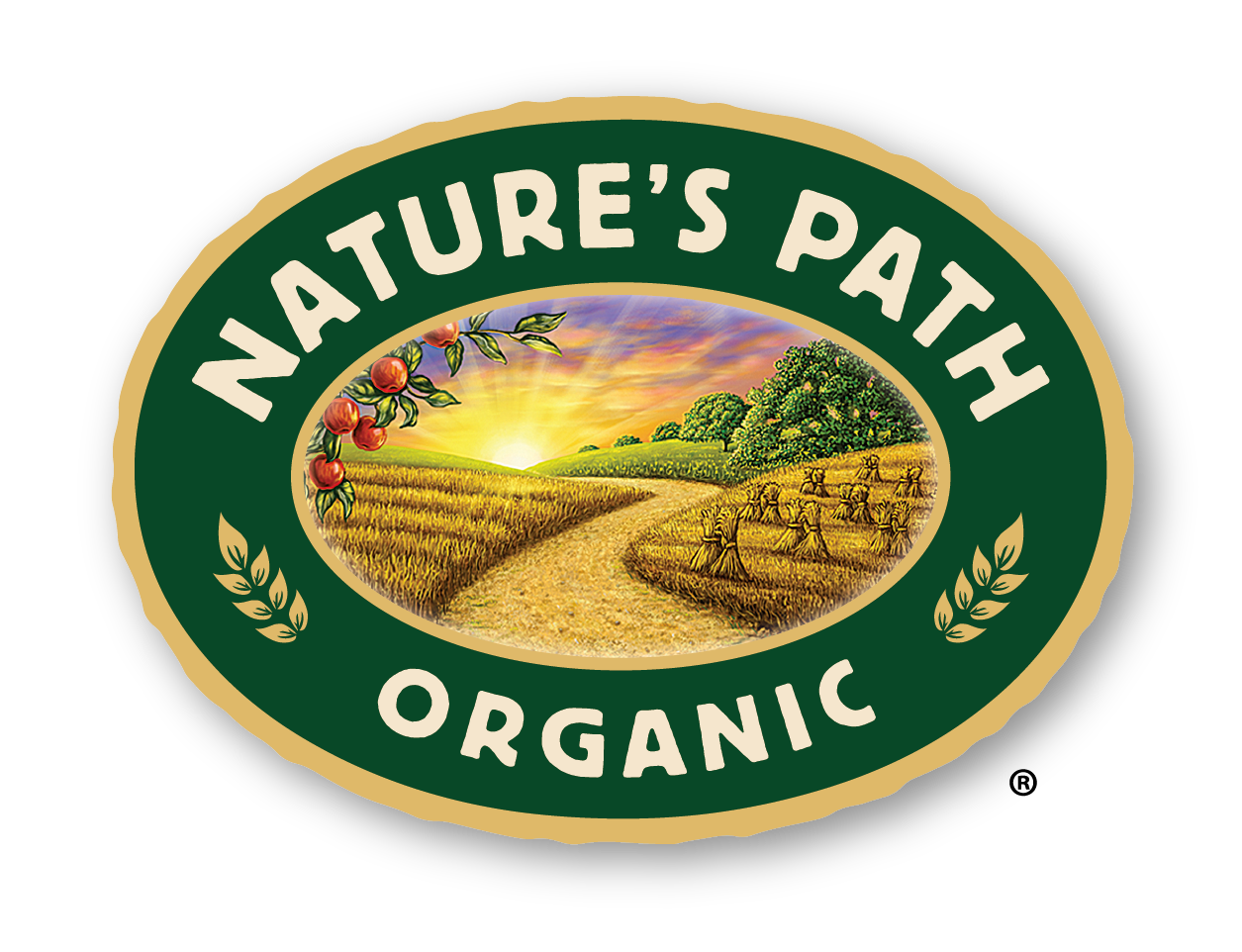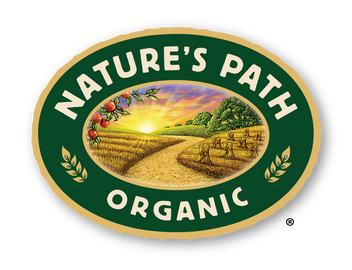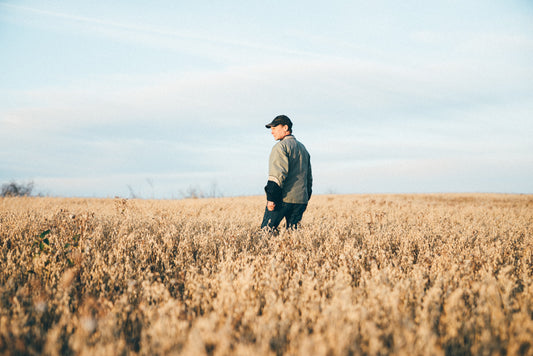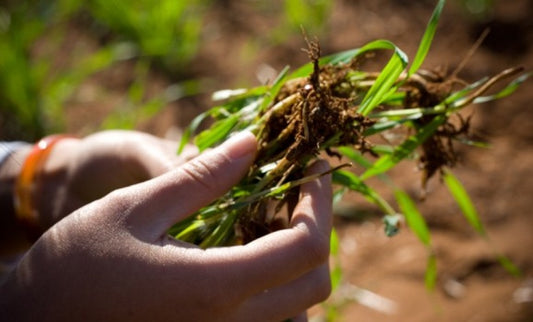Enter: Generation Z
While many aging farmers resist retirement, eventually they will have to stop farming. An estimated 70% of US farms will change hands in the next 20 years. Generation Z (the post-millennials born between 1995-2010) will be in their 20's and 30's during this turnover period, making them the most well-positioned of the younger generations to become the next organic farmers. Beyond timing alone, some signature characteristics of Gen Z may make them particularly well-suited to become the next agrarians. Most assessments of Gen Z define them as socially aware; they are concerned with the broader impact of their actions and have a desire to make that impact meaningful. They are technologically savvy and more isolated than previous generations. While the Boomers perfected the foundational tools and methods of modern organic farming, Gen X and Millennial farmers improved and shared those innovations through web-based technologies like YouTube and Instagram. Gen Z is capable of taking that marriage of tradition and technology much farther, and, being comfortable with less interpersonal interaction, more of them may stay on the farm long-term once they get there. Gen Z is also pragmatic in their idealism. While they aspire to make their hobbies into careers, having grown up in uncertain times, their entrepreneurial spirit is tempered by a conservatism that may help them navigate the many inherent risks of farming. Gen Z is also the first generation to come of age when farmers markets and organic foods are nearly mainstream, uniquely positioning them to both envision and create a food system in which organic farming can feed the world.How to Support the Next Generation of Organic Farmers
Buy.
Creating a sustainable income is one of the primary challenges facing young farmers. If they can’t make a living, they can’t keep farming. Buy from young farmers at the farmers market, join a young farmer’s CSA, and request that your local grocery store or co-op carry produce from young farmers in your area.Vote.
Several federal and state policy changes have the potential to make organic farming more accessible and sustainable for young farmers. Examples include: student loan forgiveness for young farmers, tax credits for landowners who lease or sell land to beginning farmers, making loans for land easier and more affordable for young farmers to acquire, and protecting farmland from other kinds of development.Share your resources.
Access to land is the most significant barrier young farmers face. From undeveloped city lots to country acreage, aspiring young farmers across the country are seeking creative ways to secure land for farming. If you own land and aren’t using it, consider making it available to someone trying to break into organic farming. Various non-profit organizations across North America have databases to connect landowners and farmers. For those without land to share, consider contributing to a scholarship fund at a beginning farmer educational program in your area. Contact nearby extension offices, land grant universities, and community colleges for help locating a program.Would you like to be the first to hear about our new products and more? Sign up for our Nature’s Path Newsletter.








